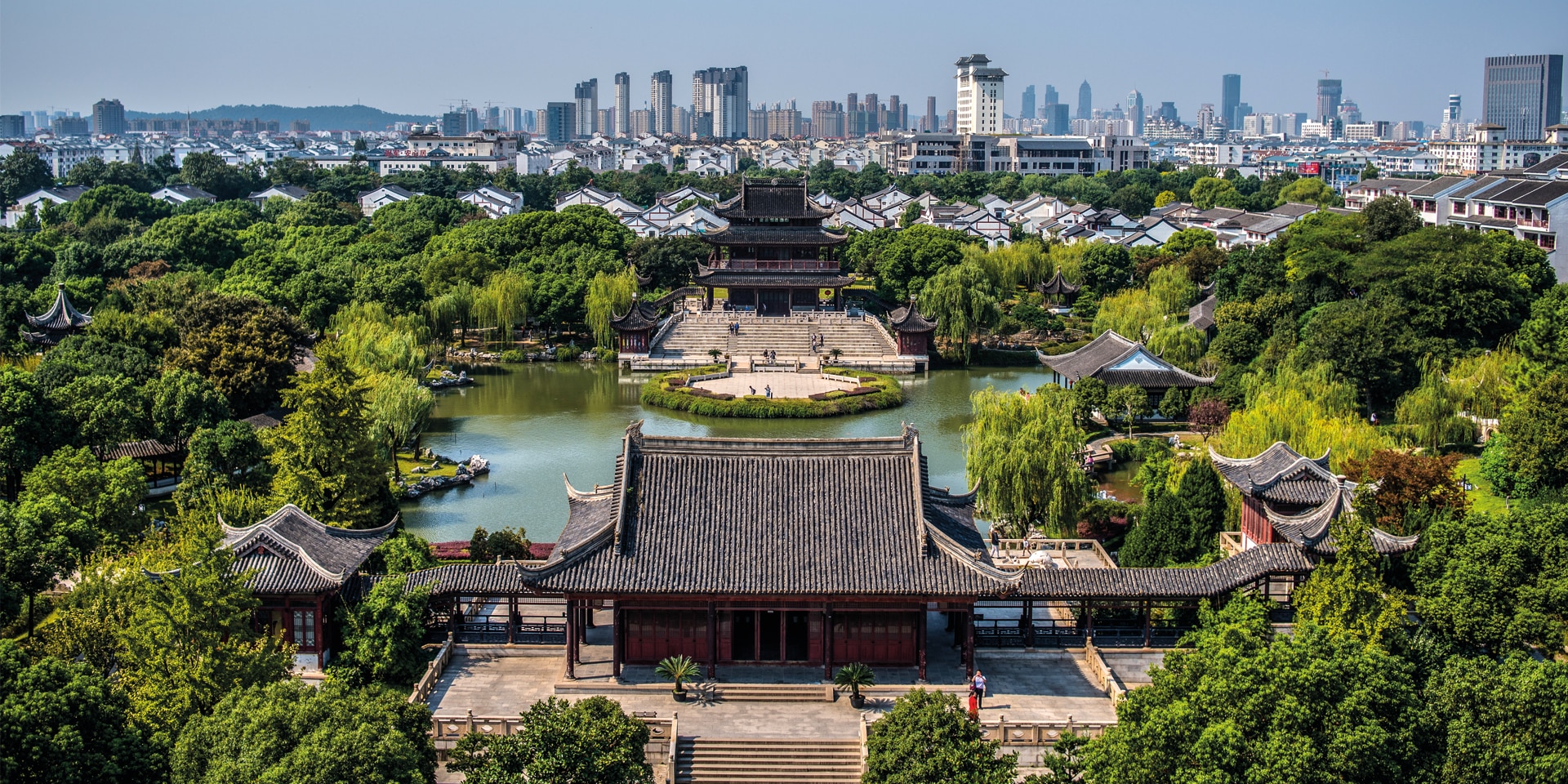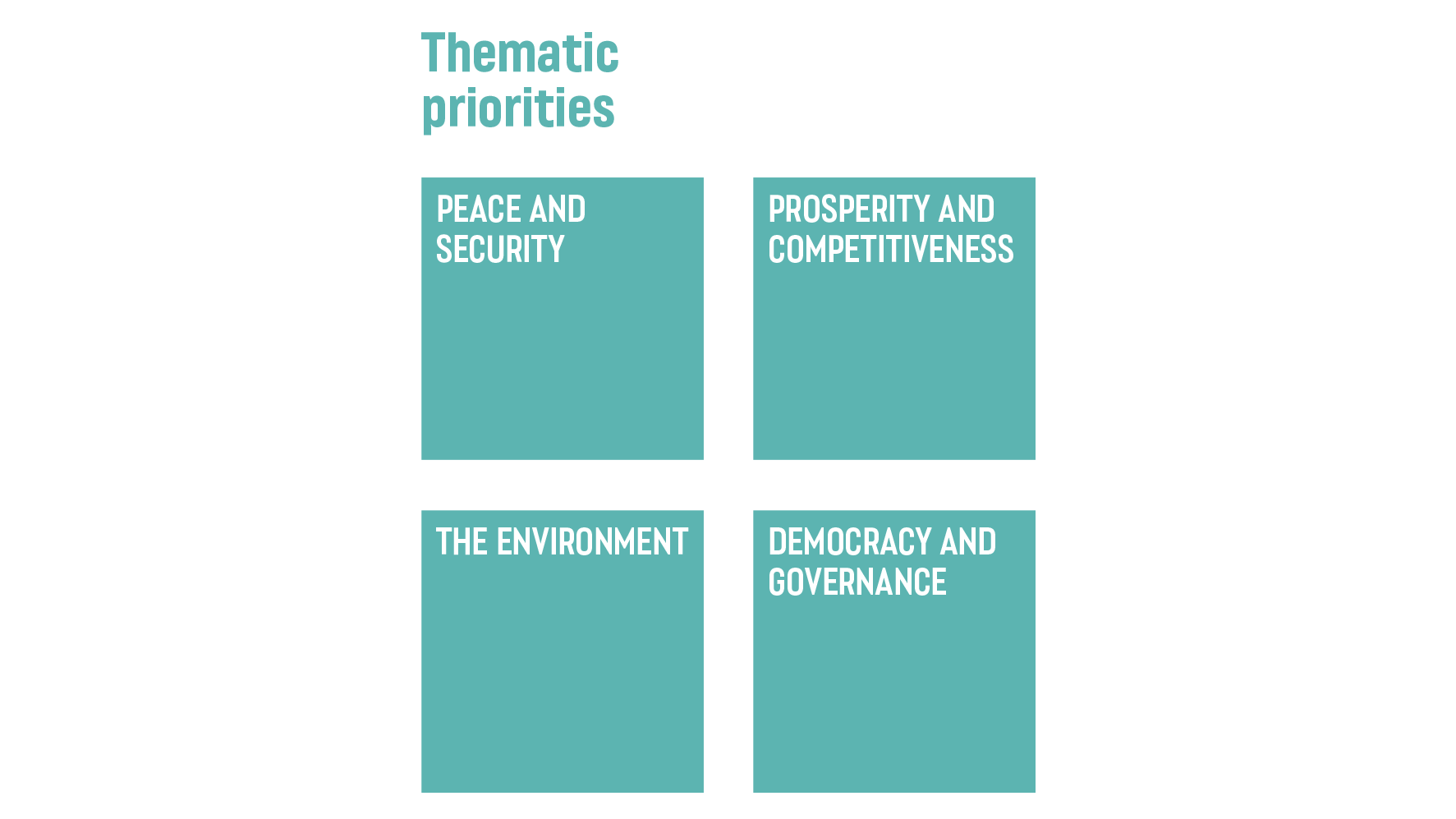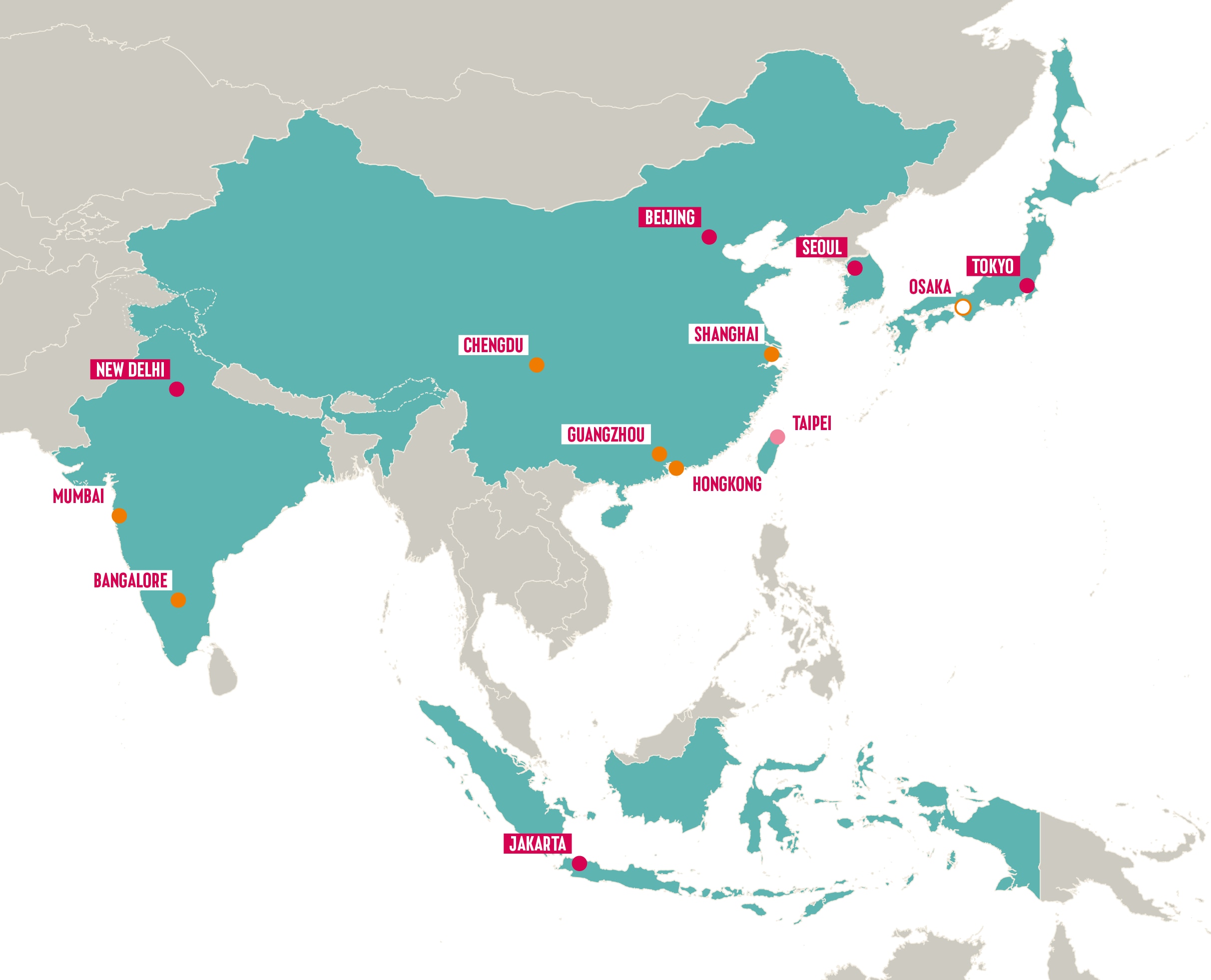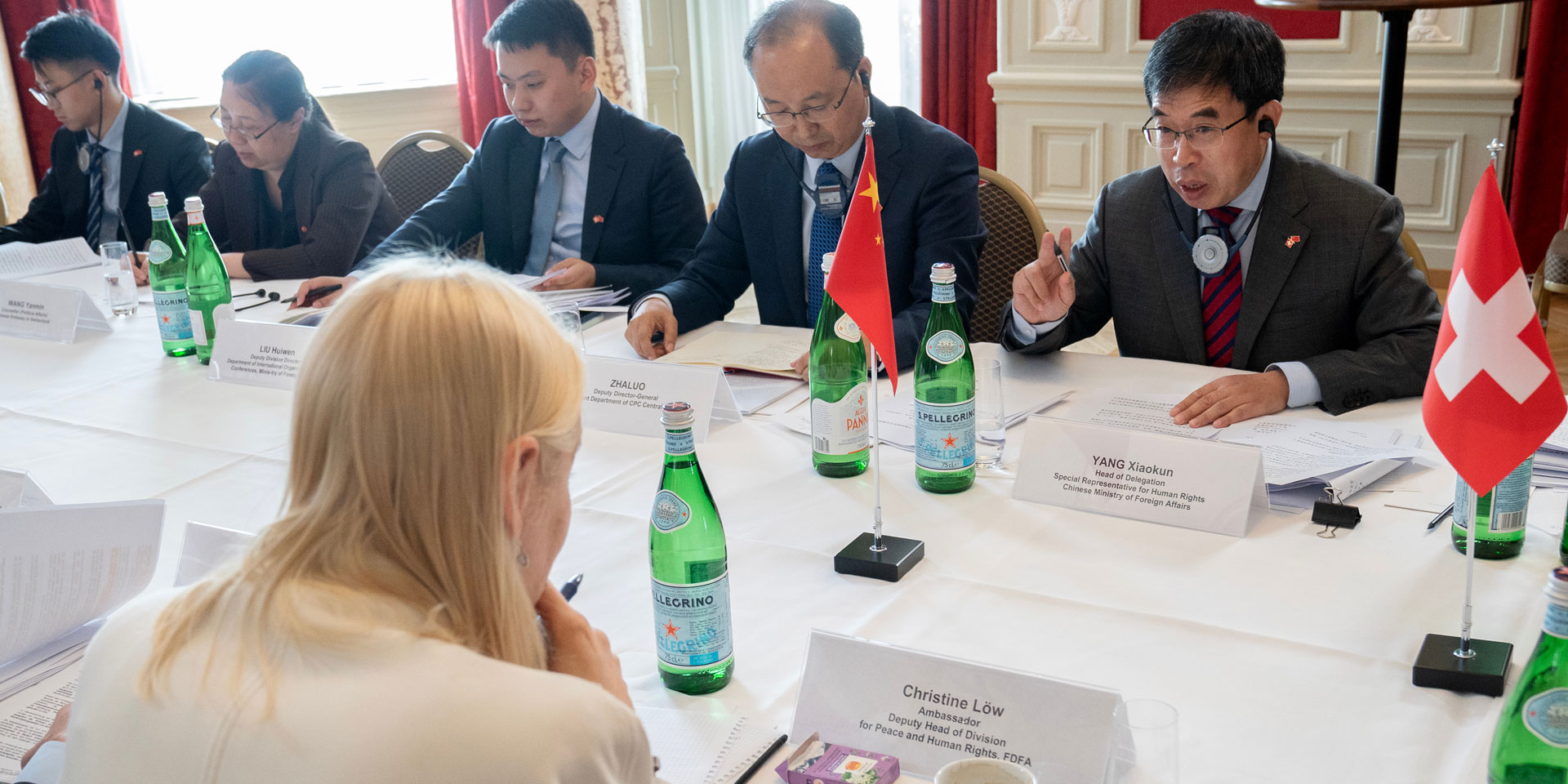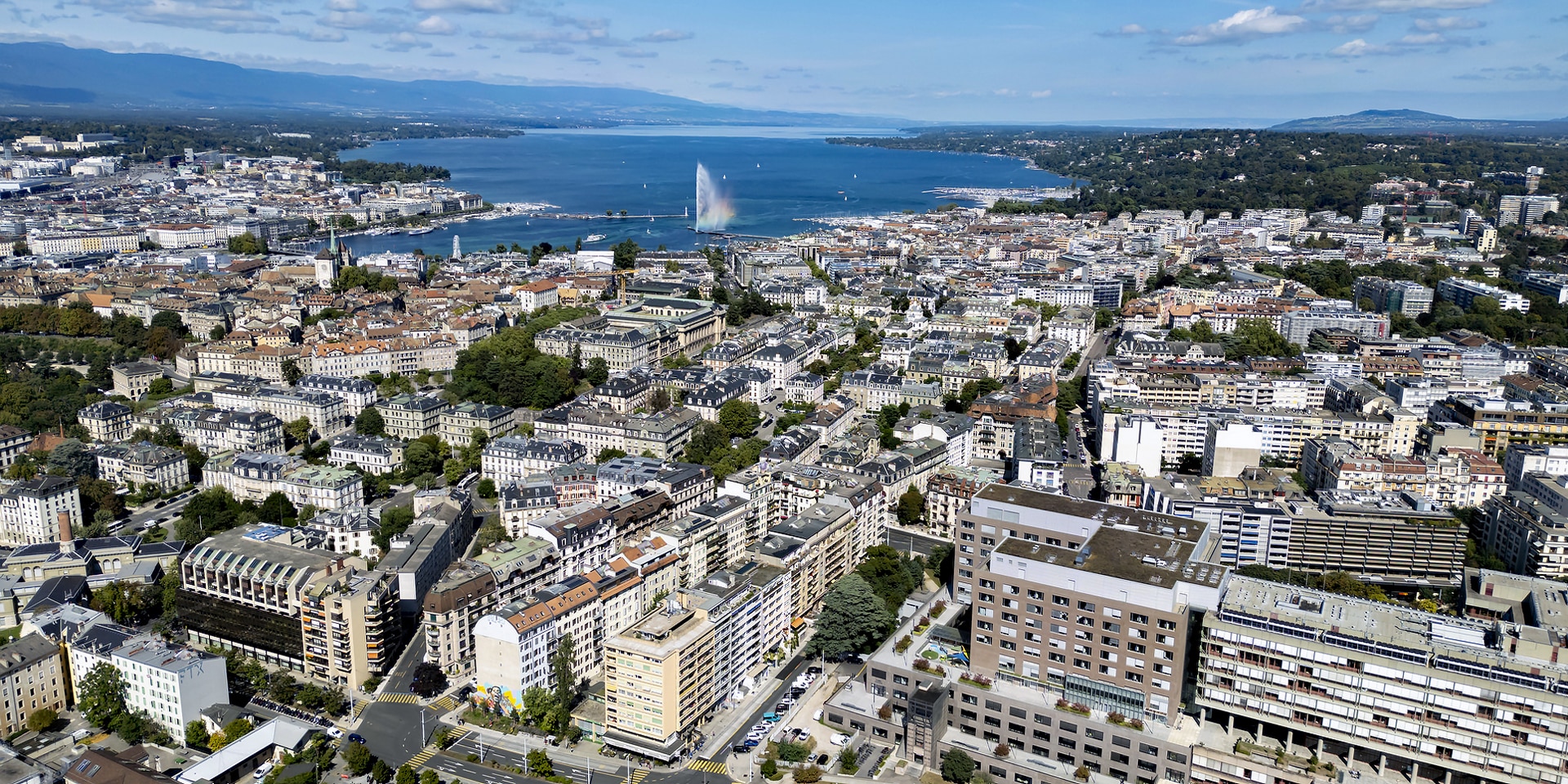For Switzerland, which advocates a rules-based order and strong institutions, multilateralism is crucial. As the only South East Asian member of the G20 and a new member of the BRICS group, Indonesia is bolstering its regional and global role through various partnerships, summits such as the Bali Democracy Forum, and accession discussions with the OECD. Switzerland is also developing its international ties in a targeted way: during its membership of the UN Security Council (2023–24), it enhanced cooperation with South Korea and Japan, with a focus on peace, climate security and civilian protection. Switzerland seeks to engage in dialogue with China – a key actor in the multilateral system – to discuss global challenges such as the climate, health, development and human rights.
While not a member, Switzerland attaches great importance to the G20 and endeavours to strengthen relations with its non-European members in line with objective 8 of its FPS 2024–27. As a guest country in the Finance Track and an active participant in the Sherpa Track, Switzerland contributes to working groups on topics such as the climate, trade, research and health, and aligns with the G20's key goals such as combating climate change and promoting sustainable development.
Against this backdrop, the five Asian G20 members play an increasingly pivotal role in the global economic and political order. The Asia G20 Strategy combines elements from the foreign economic policy strategies, the International Cooperation Strategy, the Guidelines on Democracy and many other areas.

